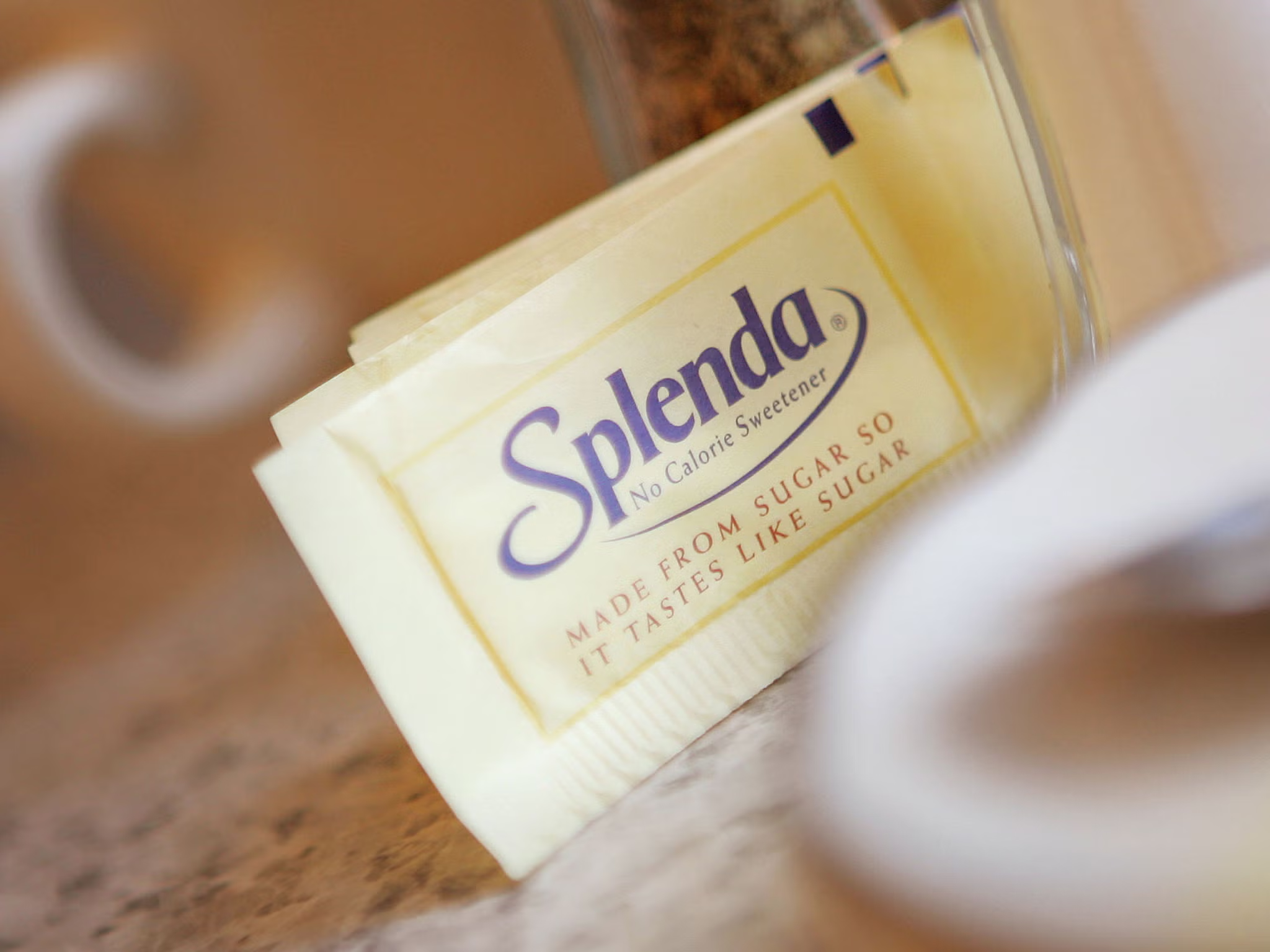
In recent years, the popularity of artificial sweeteners has skyrocketed as people seek healthier alternatives to sugar. Among these, sucralose—the primary sweetening agent in products like Splenda—stands out due to its widespread use and perceived safety. However, emerging scientific research raises concerns about the broader health implications of consuming sucralose, particularly its potential to interfere with vital medical treatments like immunotherapy.
What is Sucralose and Why Is It Commonly Used?
Sucralose is a synthetic, zero-calorie artificial sweetener that is approximately 600 times sweeter than sugar. Its stability at high temperatures makes it a popular choice for baking, cooking, and as a sugar substitute in a variety of processed foods and beverages. Since its approval by health authorities, sucralose has gained acceptance as a safe option for controlling calorie intake, managing weight, and reducing sugar consumption.
Products like Splenda, which contain sucralose, have become household staples, especially for individuals with diabetes or those aiming to cut down on sugar. The convenience and sweetness provided by sucralose have contributed to its ubiquity in the modern diet.
The Emerging Concerns: Sucralose and Immune System Function
Recent Scientific Findings
According to a Science News, recent studies suggest that sucralose may have a significant impact on immune system efficacy, especially in the context of immunotherapy treatments. These therapies, which harness the body’s immune response to fight diseases like cancer, depend heavily on a delicate balance within immune cell activity.
Research indicates that sucralose can reduce the effectiveness of immunotherapy. This discovery raises important questions for patients undergoing such treatments and highlights the need to scrutinize dietary choices during critical medical interventions.
The Intersection of Diet, Artificial Sweeteners, and Medical Treatments
Why Does Sucralose Impact Immunotherapy?
The exact mechanisms by which sucralose interferes with immunotherapy are still being studied, but some hypotheses have gained support from recent research:
- Alteration of Gut Microbiota: Sucralose can modify the composition of gut bacteria, which play a crucial role in immune function. Disrupting this balance may impair the body’s ability to respond effectively to immunotherapy.
- Immune Cell Modulation: Sucralose may directly influence immune cells, such as T-cells, reducing their capacity to attack tumor cells or respond to immunotherapy agents.
- Inflammatory Responses: There is evidence suggesting that sucralose might promote inflammation, which could hinder the desired immune responses that immunotherapy aims to stimulate.
Implications for Patients and Healthcare Providers
Patients undergoing immunotherapy, especially for cancer treatment, should be aware of the potential impact of their diet. Healthcare providers may need to consider dietary restrictions or recommendations that minimize or eliminate sucralose consumption during treatment to optimize therapeutic outcomes.
Broader Health Impacts of Sucralose
While the primary concern is its effect on immunotherapy, sucralose has also been scrutinized for other health effects:
- Possible links to altered glucose metabolism and insulin response, which could impact diabetes management.
- Potential to contribute to gut microbiota imbalance, influencing digestion and overall immune health.
- Debates about long-term safety, with some animal studies suggesting possible carcinogenic risks, although definitive human data remains inconclusive.
What Should Consumers Do?
Making Informed Choices
As science advances, it is crucial for consumers to stay informed about what they put into their bodies. Here are some practical tips:
- Limit or avoid artificial sweeteners like sucralose, especially when undergoing medical treatments such as immunotherapy.
- Explore natural sweetening options like honey, maple syrup, or stevia, keeping moderation in mind.
- Maintain a balanced diet rich in fruits, vegetables, lean proteins, and whole grains to support immune health.
- Consult healthcare professionals for personalized dietary advice during medical treatments.
The Need for Further Research
The current findings underline the need for comprehensive, human-based studies to fully understand the impact of sucralose on health, especially in vulnerable populations. As new data emerges, guidelines and recommendations may evolve to better guide consumers and healthcare providers alike.
Conclusion
While artificial sweeteners like sucralose serve as useful tools for managing sugar intake, recent research prompts caution—especially for individuals undergoing immunotherapy treatments. The possibility that sucralose may diminish the efficacy of such therapies underscores the importance of mindful dietary choices in medical contexts. As science continues to uncover the nuanced effects of common food additives, staying informed and consulting healthcare professionals remain key to safeguarding health and optimizing treatment outcomes.
For more updated news please keep visiting Prime News World.








